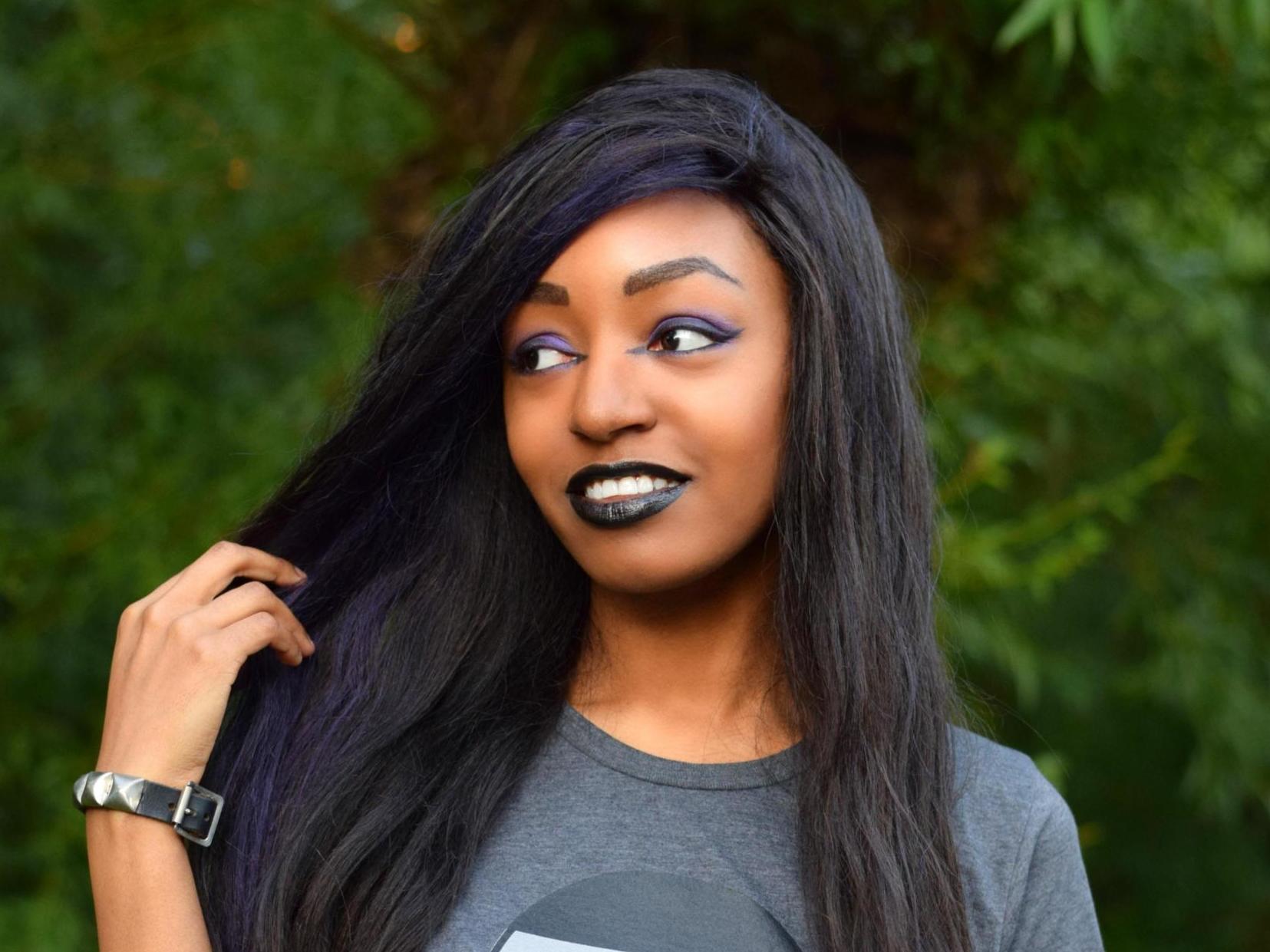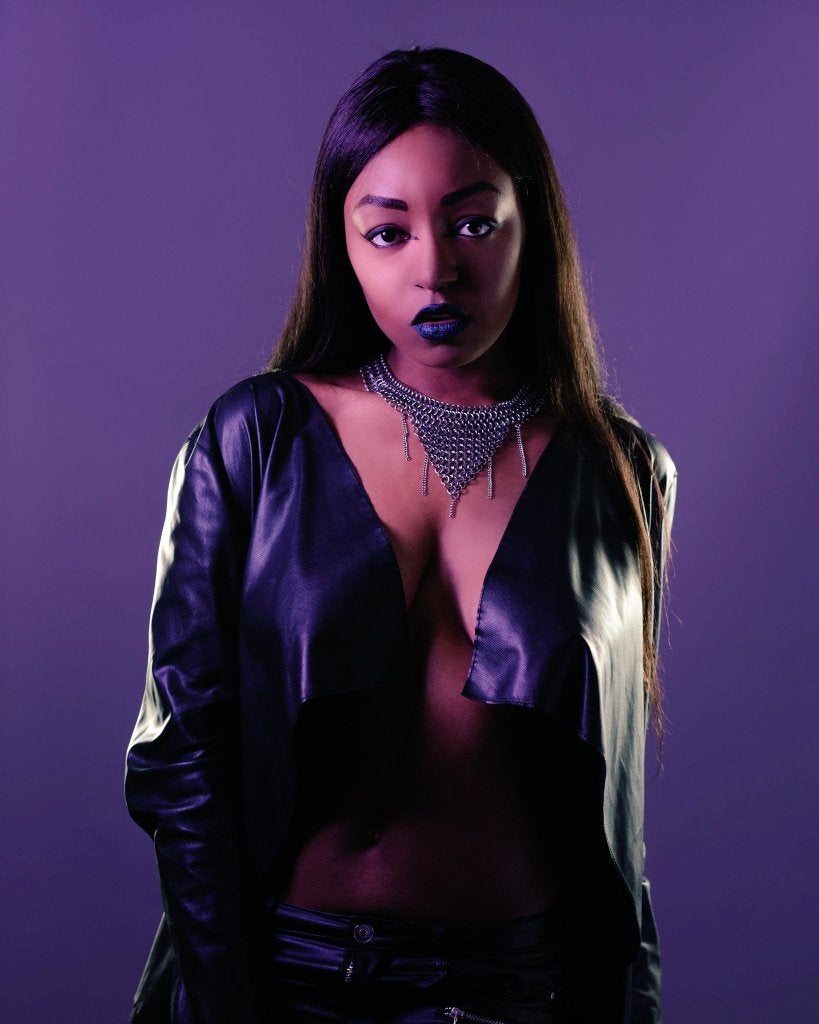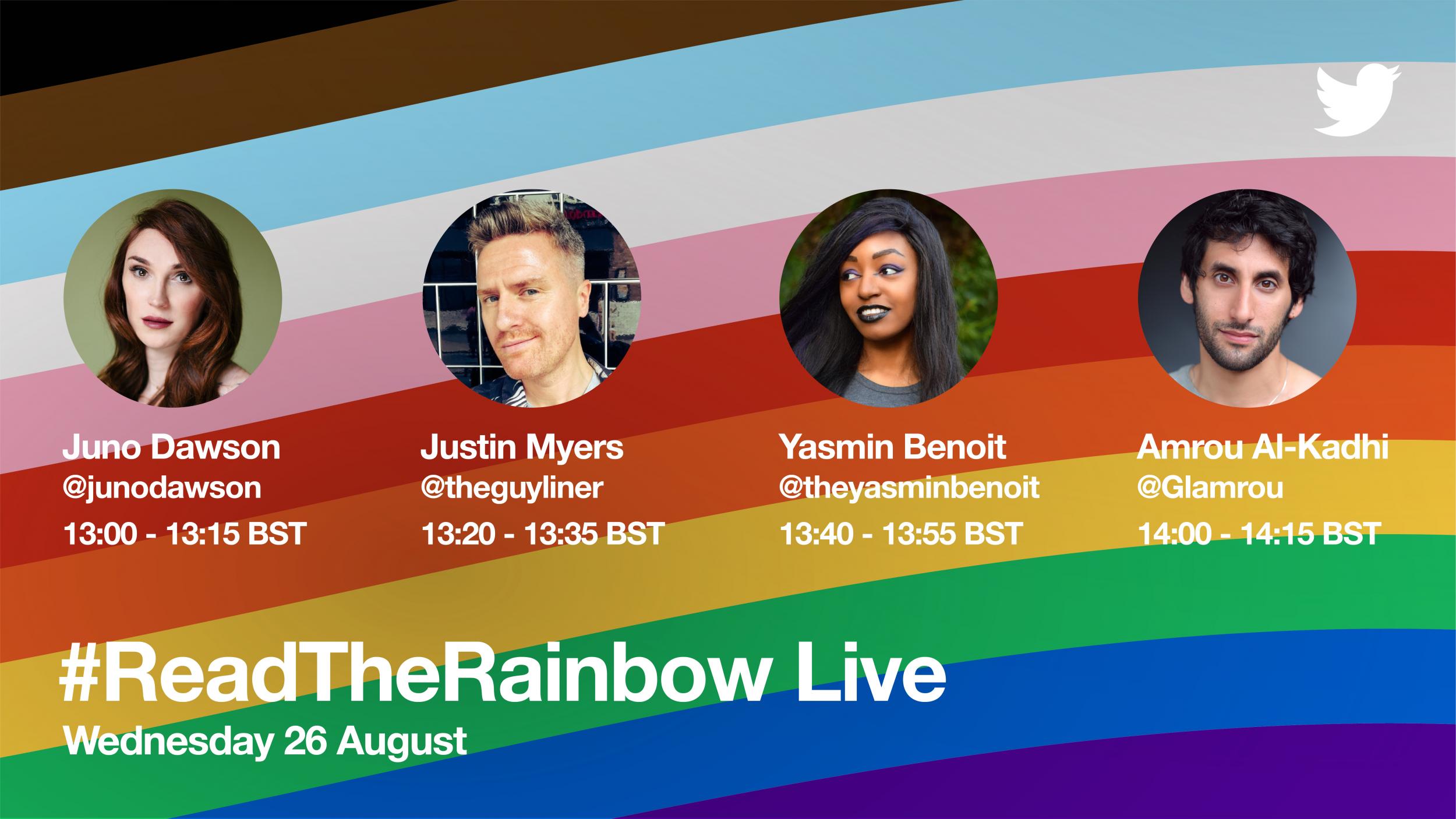Yasmin Benoit interview: ‘People think that being asexual is a mental disorder’
‘I’ve pretty much heard every misconception. I’ve heard that asexuality is a side effect of veganism,’ asexuality activist and model tells Sabrina Barr


In February 2019, a poll of British adults found that three quarters of people could not define asexuality. At the time, Dr Michael Yates, a clinical psychologist specialising in sexual health, said that the survey’s results demonstrated that “there is still a lack of understanding of the diversity that exists when it comes to asexuality”.
An asexual person is someone who "does not experience sexual attraction,” the Asexual Visibility and Education Network outlines, emphasising the difference between asexuality and celibacy, which is a “choice to abstain from sexual activity”.
In late 2017, Yasmin Benoit began using her online platform, which she had built as a model, to raise awareness of asexuality. The 24-year-old, who frequently discusses misconceptions surrounding asexuality and aromanticism, has since accumulated more than 30,000 followers on Instagram. The activist launched a successful social media campaign called “This Is What Asexual Looks Like”, in addition to becoming the first openly asexual woman to appear on the cover of a UK magazine in December 2019, when she was featured on the cover of Attitude in an issue titled “The Activists”.
On Wednesday 26 August, Benoit is taking part in #ReadTheRainbow, a live literary event being held on Twitter at 1pm in celebration of LGBTQIA+ writers and literature, as well as dispelling myths about asexuality. Benoit will also be answering questions about asexuality and asexual authors. In the lead-up to the event, The Independent spoke to Benoit about her work as an asexuality activist and the importance of being actively engaged with the Black Lives Matter movement.
What made you decide to start speaking out about asexuality?
“Whilst there are other people doing it, I didn’t feel like there were many people like me doing it. So I thought, ‘I can’t really sit back and complain that there isn’t enough asexual representation or that I don’t really see many black asexual people if I’m a black asexual person who isn’t doing anything.’ So I just thought, ‘Hey, why not me?’ I didn’t really expect people to care very much, but then they did, and then it snowballed.”
How did the idea for the “This Is What Asexual Looks Like” campaign come about?
People think you should not be attractive and you should not do anything that’s halfway appealing if you are asexual
“I was writing a series for a website called Qwear Fashion. I was interviewing asexual people about their self expression and so we called it “This Is What Asexual Looks Like”. I came up with the hashtag and was encouraging people to use it so there would be a way to actually see asexual people, instead of just seeing content about us, which is kind of what you get if you just use the hashtag “asexual”. I wanted something that would specifically show who we are as people and show the diversity of the community, especially since that isn’t very well-represented in the media. Then it kind of took off. Now if you type it in, you can see asexual people from all over the world.
“I feel like I wasn’t entirely aware of how much people were into it until later on.”

What are the main misconceptions about asexuality and aromanticism that you have encountered?
“If I was to specifically talk about asexuality, I’ve pretty much heard every misconception you can possibly get. People think it’s a mental disorder, a physical disorder, the same thing as celibacy, a personality flaw, an anti-sex attitude, a reflection of your experiences, a reflection of how you look. I’ve heard that it’s a side effect of veganism, I’ve heard that it was made up on the internet, I’ve heard that it’s the same as being an incel. So I’ve kind of heard everything you can possibly have for asexuality.
“Aromanticism [when an individual does not experience romantic attraction] is similar but less people know what it is, so they don’t have as many preconceived ideas. I feel like for asexuality people are quicker to assume that there’s something wrong with you physically and for aromanticism, people are quicker to assume there’s something wrong with you spiritually, like you have something wrong with your heart if you don’t experience romantic attraction.
“People think that you can’t be asexual and model, that you can’t be asexual and be good looking, or do anything visual, or put any effort into your appearance or your style or your clothes or anything. People have a hard time computing those two things. They think that you should not be attractive and you should not do anything that’s halfway appealing otherwise you’re just being a c**k tease.”
Throughout lockdown, have you been able to stay connected to the LGBTQIA+ and asexual community?
“The asexual community specifically has handled it pretty well because we didn’t really get to see each other anyway. We didn’t really have physical spaces, so almost all of our interactions are usually online. So we were kind of well-adapted for that. The only physical space we definitely would have had was the Asexuality Conference, and now we’re doing that online in September. I personally had been trying to encourage things to happen offline prior to the pandemic because I feel like people shouldn’t have all of their social interactions with their community online.
“Before [the pandemic], I felt like [activism on social media and in real life] kind of fed each other quite well, in a sense that I could build up an audience and connections online, and then feed that into real life spaces. Everything is online right now. I definitely don’t like to think of myself as being an online entity. I like things to happen in real life. I’m trying to psychologically balance spending so much time on social media, more so than I probably would do usually.”
The #ReadTheRainbow event is celebrating allyship to the LGBTQIA community. How can people be better allies?
“Especially on social media, I think it’s important to be inclusive in your conversations about sexuality. I think people are quite good nowadays at acknowledging that not everyone’s straight, but they’re not great at acknowledging that some people are asexual and some people are aromantic. If you see people spreading hate and you know them, shut that kind of stuff down. Just be nice. There are a lot of resources out there, especially online and on Twitter, so just educate yourselves and stick up for each other.
“You don’t need to be an expert on something to be an ally for it. If I saw something happening to someone who was trans and I was like, ‘I don’t really know much about trans issues’ – well, I’m seeing a trans issue right now. You can still step in – you don’t need to write an essay about it. You could just be nice and encouraging, or just say, ‘Treat people like people and be respectful.’ You can still be like, ‘I’m still learning about this, I don’t necessarily know everything about your experiences, but I still think you should be treated like a human being and we shouldn’t be mean.’ You can still do that without being an expert.”

How do you feel about the Black Lives Matter movement in 2020? Do you think people are still talking about it enough?
I felt like more people were actively engaged at the height of the Black Lives Matter movement
“I saw it [the coverage dwindling] coming, so I wasn’t exactly like, ‘Oh no, this happened’. I was kind of looking at the clock like, give it a few more days, this is going to wind down. I was just hoping that during the time when it did have the momentum, that people used it constructively.
“I feel like people did use it more constructively this time around than they did the other hundred times black lives have mattered. This is the first time I’ve really seen people who aren’t black actively care about it. So even though it of course ended around June, I still think that the time was used constructively. I felt like more people were actively engaged in what was going on.”
How do you think people can continue to show their support for the Black Lives Matter movement?
“If people just keep thinking about it in the same way. I found it very perplexing scrolling through social media and seeing people being like, ‘We’ve realised that we don’t employ any black people,’ or, ‘We haven’t interviewed any black people’ or, ‘We haven’t given a platform to any black people.’ Do people have to die before you think of these really obvious things?
“So I think just continue to think about the obvious things. I think that it’s a matter of being aware and being educated. Hopefully if you’ve actually bothered to do that, then that’s not something you’ll just forget about when it stops trending.
“Obviously I’ve noticed – based on my inbox and things I’ve heard from other people – that they have started to forget somehow, or at least have stopped feeling the pressure to act like they care about it, but just keep doing what you were doing before really. Keep sharing the stories, keep signing petitions, keep reading the books, keep watching the films, keep listening and keep learning.”
Join our commenting forum
Join thought-provoking conversations, follow other Independent readers and see their replies
Comments